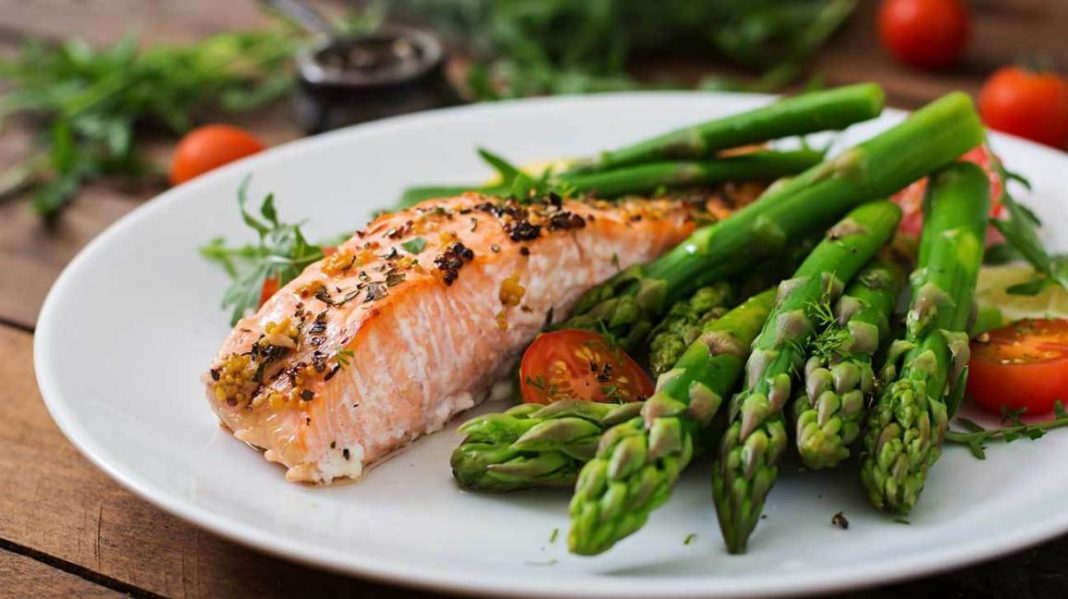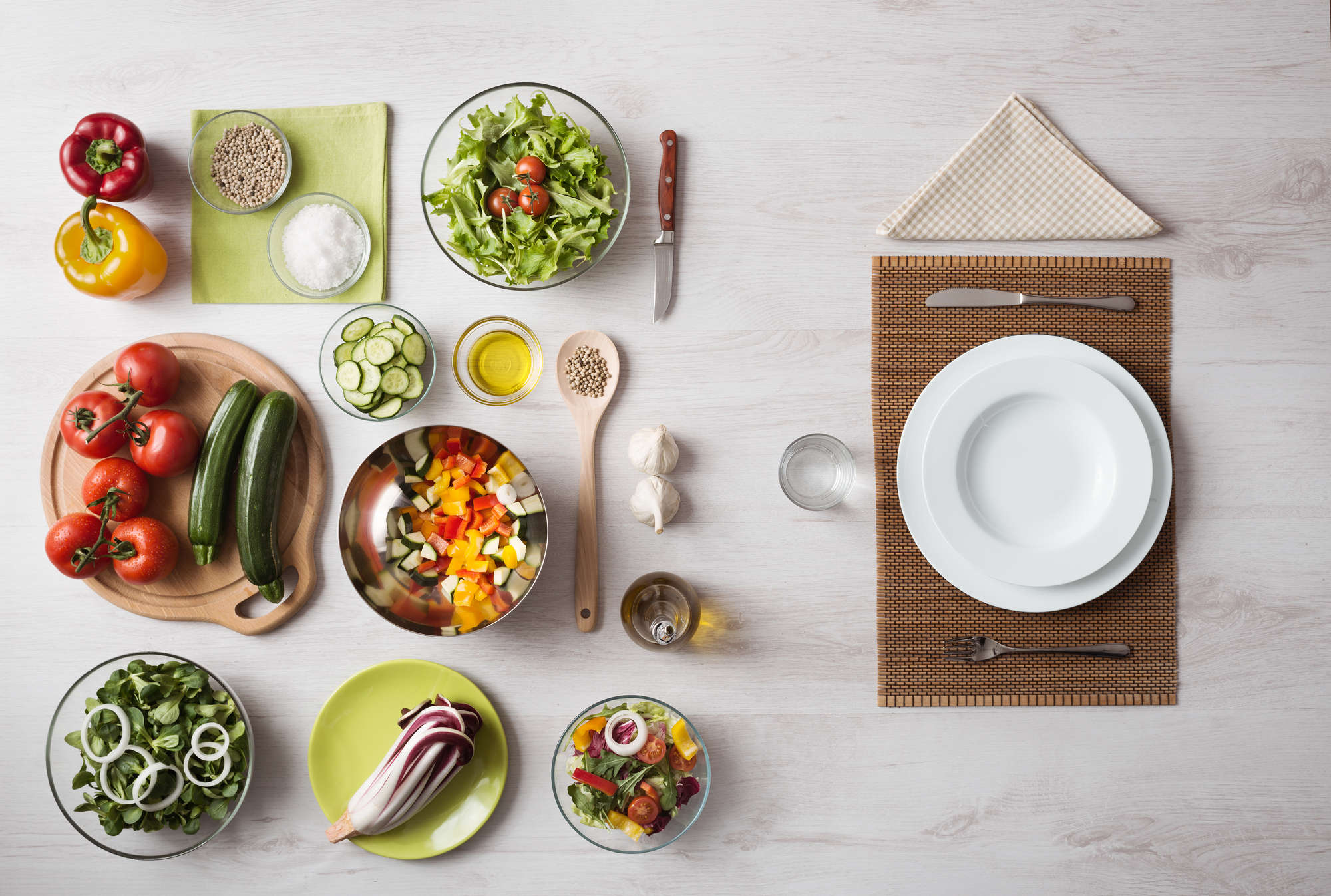
As Heart Month continues, we wanted to take a look at another angle of what “Heart” means. Let’s talk about love.
It’s February and love is in the air. A lot of people call it the month of love because of Valentine’s Day, and rightfully so. For food addicts, Valentine’s should be considered just another day in terms of our food plan, however that doesn’t mean we can’t focus on love.
It is important to love others and to let them know the significance they play in our lives. These connections are vital. Thank people for being there for you. Appreciate the time and energy they put into your relationship together. We must also strive to have empathy and kindness towards those struggling not only with food issues, but mental health or financial issues due to the pandemic. Reach out to your friends and family and stay connected, especially right now with everything going on in the world, this is essential. Another worthwhile exercise is sitting down and taking the time to write down the things that you are grateful for, however little they may be. You’ll be surprised how good this can make you feel.
Did you know that people who have close relationships at home, work, or in their community tend to be healthier and live longer? One reason, according to the National Heart, Lung, and Blood Institute (NHLBI), is that we’re more successful at meeting our health goals when we work on them with others. NHLBI launched the #OurHearts movement to inspire us to protect and strengthen our hearts with the support of others.
Here are some facts, how-to tips, and resources to inspire you to join with others, even if you can’t be physically together, to improve your heart health.
Heart disease is a leading cause of death for both men and women in the United States. Most middle-aged and young adults have one or more risk factors for heart disease, such as diabetes, high blood pressure, high cholesterol, or being a smoker or overweight. Having multiple risk factors increases your risk for heart disease.
Why Connecting is Good for Your Heart
Feeling connected with others and having positive, close relationships benefit our overall health, including our blood pressure and weight. Having people in our lives who motivate and care for us helps, as do feelings of closeness and companionship.
Follow these heart-healthy lifestyle tips to protect your heart. It will be easier and more successful if you work on them with others, including by texting or phone calls if needed.
- Be more physically active.
- Eat according to your Food Plan.
- Quit smoking.
- Reduce stress.
- Get 7-8 hours of quality sleep.
- Track your heart health stats.
You don’t have to make big changes all at once. Small steps will get you where you want to go.
We need to take the time to care for ourselves. So read that book, take that walk through the park, practice mindfulness through meditation for 10-15 minutes every day. These simple activities can pay dividends in terms of your overall health and well-being.
Not only is this good for your heart figuratively, these activities will increase your overall health and contribute to a healthier heart.
Speaking of a healthier heart, and seeing as February is Heart Month, we’ve passed a long this free quiz provided by the Center For Disease Control (CDC) that will help educate you on blood pressure and its effect on your heart health. #HeartMonth
Free Blood Pressure Quiz:
https://www.qzzr.com/c/quiz/465883/blood-pressure-101-know-the-basics





